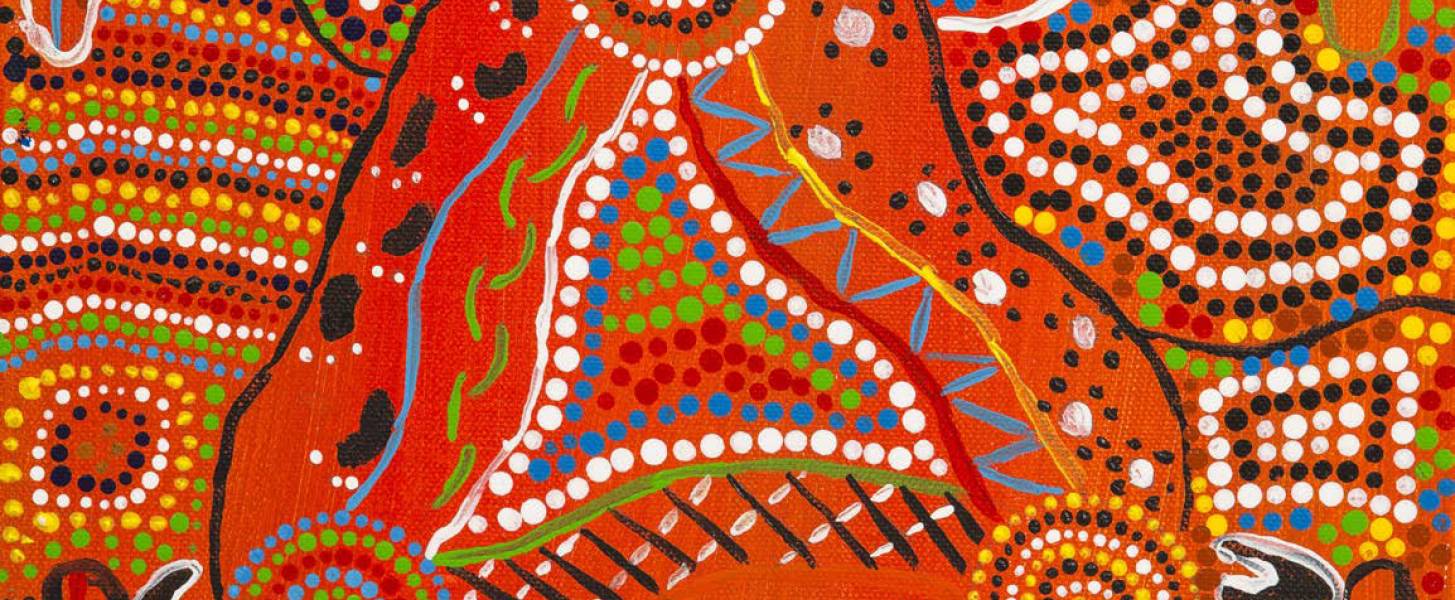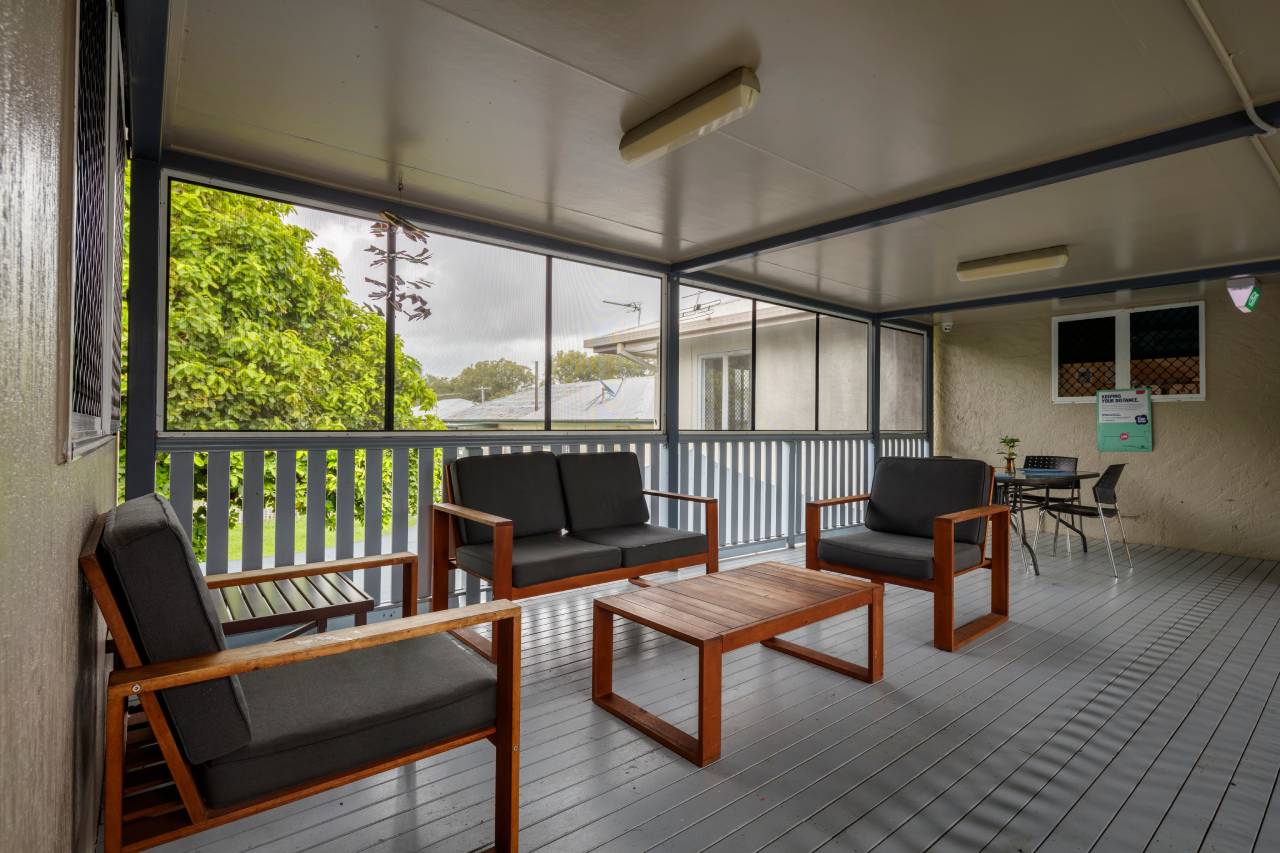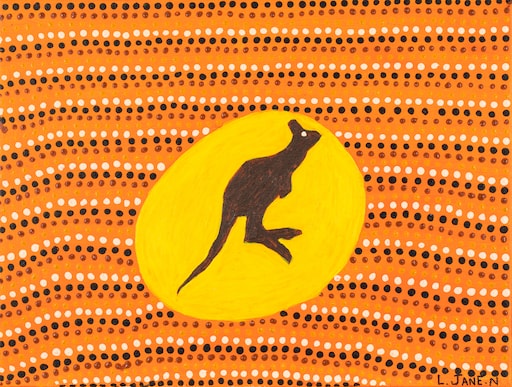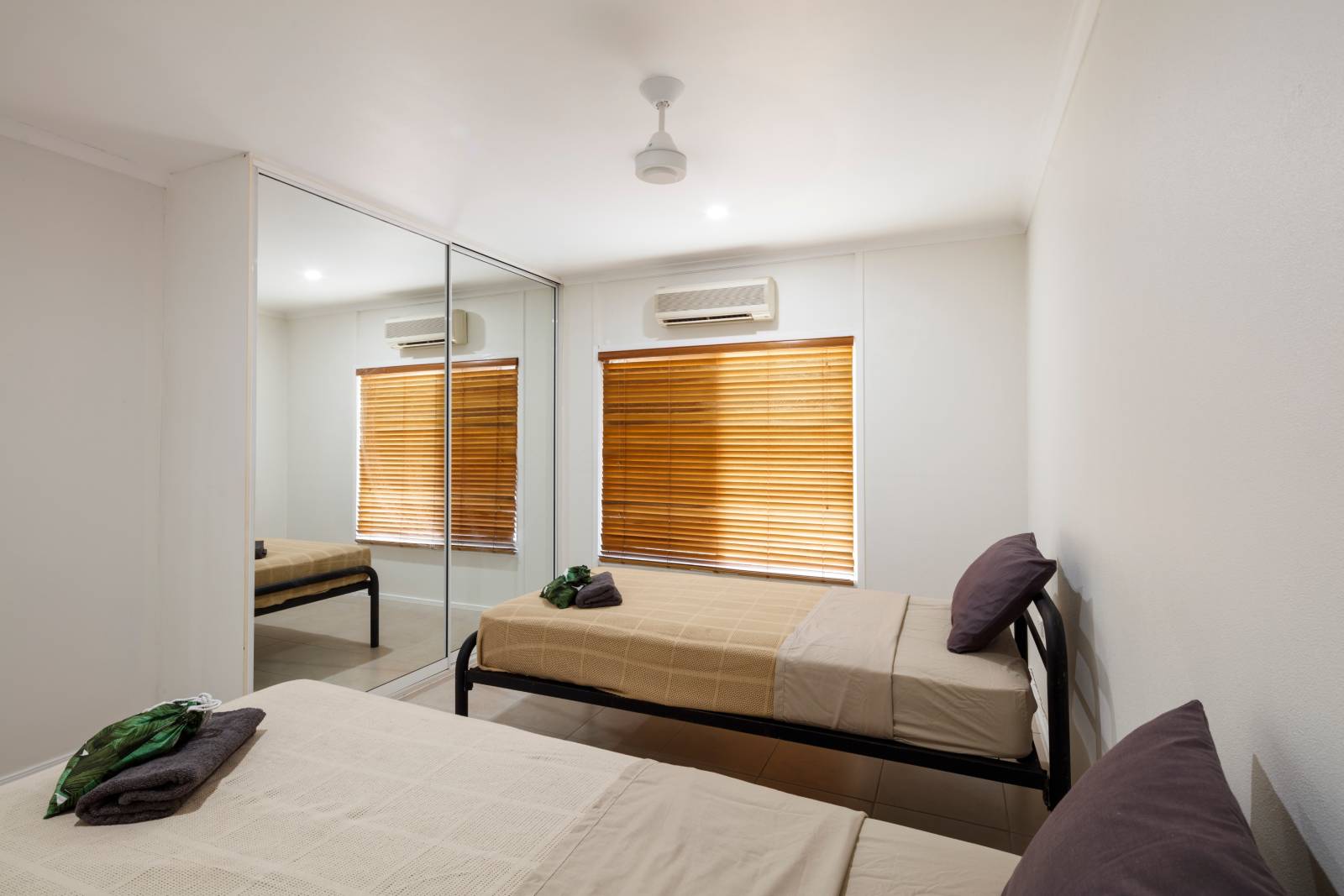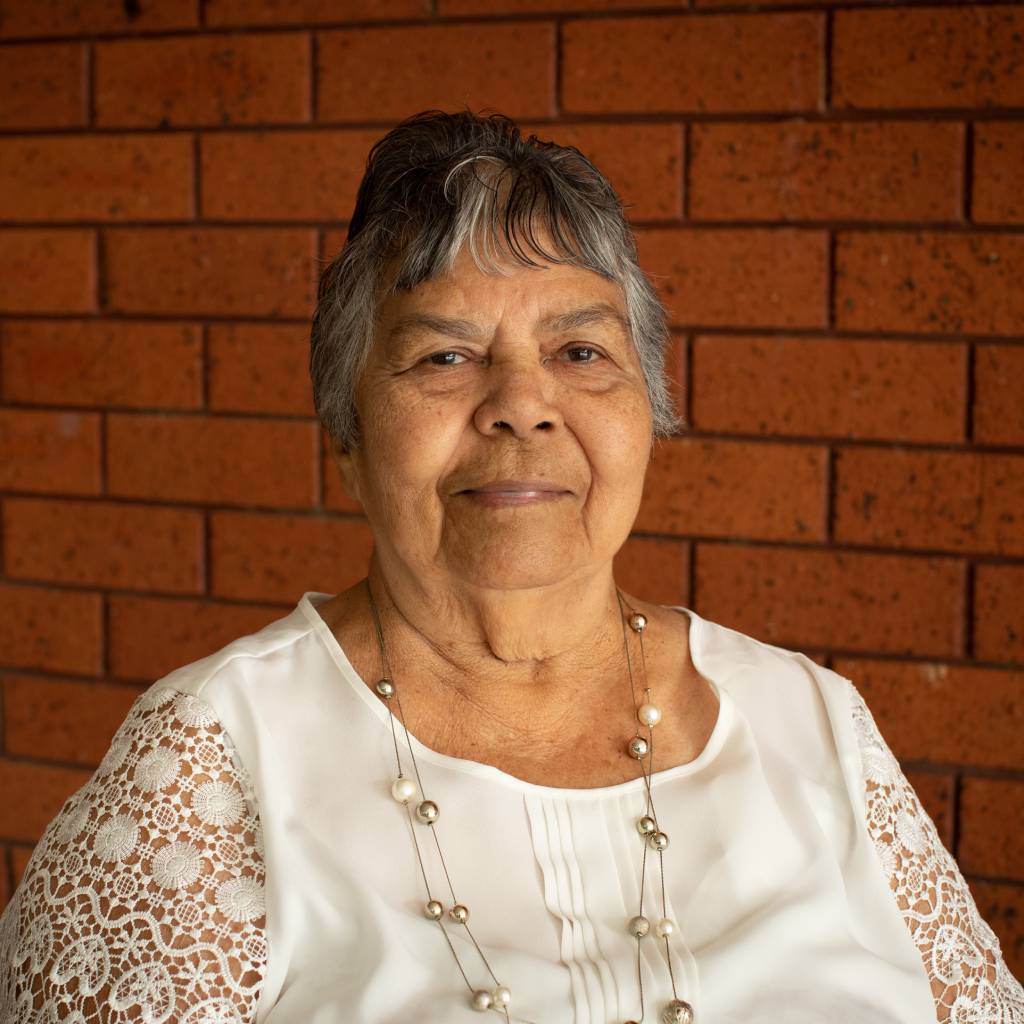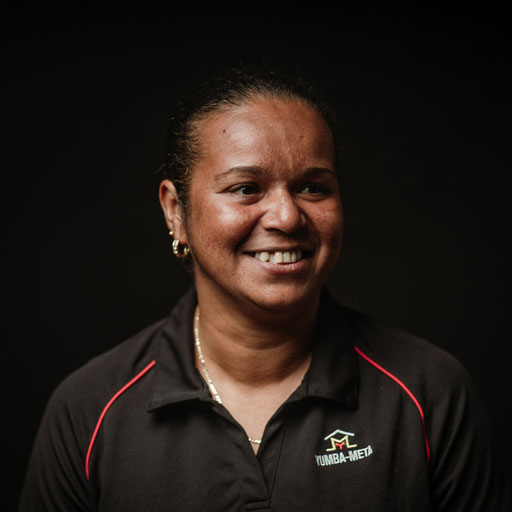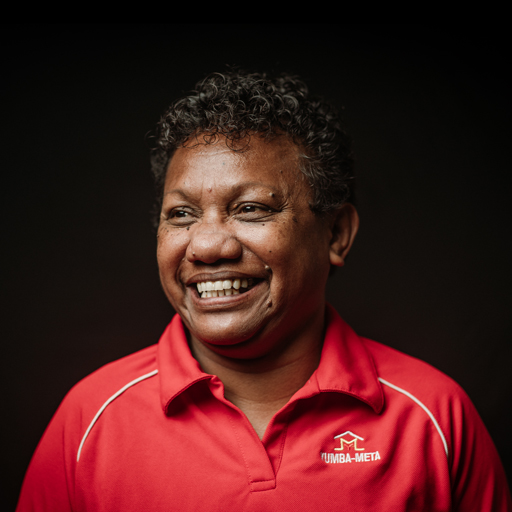Flora House Women’s Shelter
Crisis short term accommodation for women and their children escaping domestic and or family violence.
About This Program
Flora House provides secure short term crisis accommodation for women and their children escaping domestic and or family violence.
The shelter offers a safe, welcoming, and home-like environment where residents can begin their healing journey with care and support.
The shelter has 24/7 on-site support staff and case management support during business hours to assist with case management, safety planning, and referrals to essential services. The setting is family-focused and culturally safe, with a strong emphasis on the wellbeing of children and supporting their recovery. Flora House aims to provide a stepping stone to long-term safety, stability and healing.
Key Features
The Person Behind the Name
Flora Hoolihan’s deep commitment was recognised in community acknowledgments, describing her as “a grand lady who deserves our sincere commendation” for her work in Yumba-Meta and the wider community.
As a family matriarch and co-founder, she shaped services for vulnerable groups, including women and children escaping domestic violence. Flora House is named in her honor, reflecting the ongoing value of her contributions to the organisation and community.
Elsie House Women’s Shelter
Crisis short term accommodation for women and their children escaping domestic and or family violence.
About This Program
Elsie House provides secure short term crisis accommodation for women and their children escaping domestic and or family violence.
The shelter offers a safe, welcoming, and home-like environment where residents can begin their healing journey with care and support.
The shelter has 24/7 on-site support staff and case management support during business hours to assist with case management, safety planning, and referrals to essential services. The setting is family-focused and culturally safe, with a strong emphasis on the wellbeing of children and supporting their recovery. Elsie House aims to provide a stepping stone to long-term safety, stability and healing.
Key Features
The Person Behind the Name
Elsie Thompson, a proud Gugu Badhun and Kudjala woman, was among Yumba-Meta’s earliest supporters in the 1970s, helping to lay the foundation for the organisation’s work.
Elsie House, opened in 2021, now honours her legacy by providing refuge and support to women and children escaping domestic and family violence.
A Safe Space for Children, Too
Both Flora and Elsie House are designed to support not just women, but also their children.
Dedicated play spaces, age-appropriate support, and a focus on emotional wellbeing help children begin their own healing journey alongside their parent or guardian.
When arriving at Flora House or Elsie House, residents are welcomed into a private, home-like space. Each family has access to their own room, shared facilities, and is supported by trained staff offering emotional support, referrals, and day-to-day assistance.
Own room or unit
Long-term Shared kitchen & bathroom managed
On-site case workers
Private and secure surroundings
Flexible length of stay depending on situation




Need Help or Want to Refer Someone?
If you or someone you know is experiencing domestic or family violence, please reach out for confidential support and housing options.
Referrals can be made through:
Self-Referral: Call Yumba-Meta on (07) 4723 5611
DV Connect: 1800 811 811
The Women’s Centre: (07) 4775 7555
